Introduction to Museology
Museology or museum studies is the study of museums. It explores the history of museums and their role in society, as well as the activities they engage in, including curating, preservation, public programming, and education. The development of museology in Europe coincided with the emergence of early collectors and cabinets of curiosity in the 16th, 17th, and 18th centuries. In particular, during The Age of Enlightenment anthropologists, naturalists, and hobbyist collectors encouraged the growth of public museums that displayed natural history and ethnographic objects and art in North America and Europe. In the 18th and 19th centuries, European powers' colonization of overseas lands was accompanied by the development of the disciplines of natural history and ethnography, and the rise of private and institutional collection building. The latest movements in museology tend to focus on museums being interdisciplinary, multi-vocal, accessible, and open to criticism. While these critical discourses dominate contemporary museology, there are many different kinds of museums that exist today, some of which are engaged in new and innocative practices, and others that are more traditional and less critical. Operational museology refers to the day-to-day operations of a museum, including its organizational and regulatory structures, institutional policies and protocols, collections management, and its exhibitions and programs. While there has been much scholarship around operational museology over the last 30 years, some scholars argue that it has lacked sustained analysis. The book aims to be essential reading in the growing field of museum studies. It will also be of professional interest to all those working in the cultural sphere, including museum professionals, policy makers and art managers.
Get it now and save 10%
BECOME A MEMBER

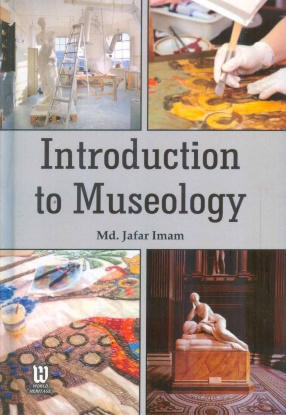
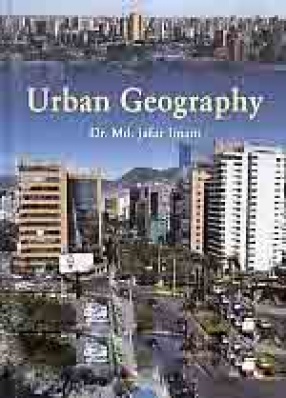

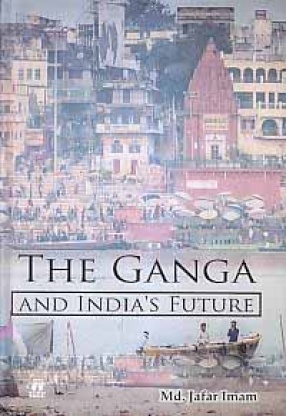
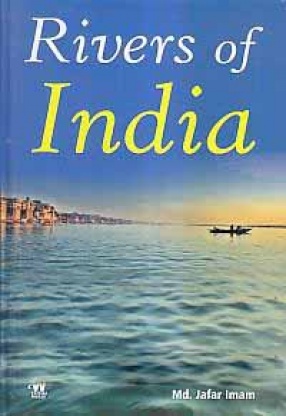
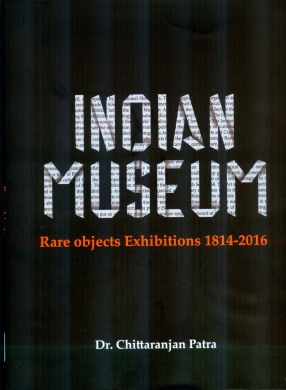
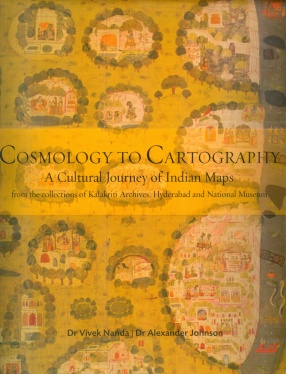
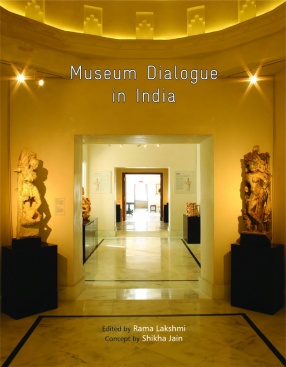
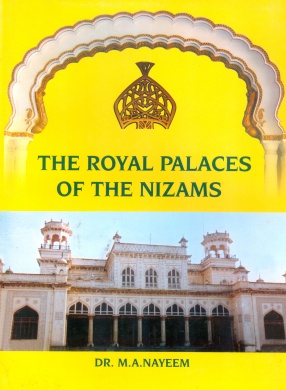

Bibliographic information